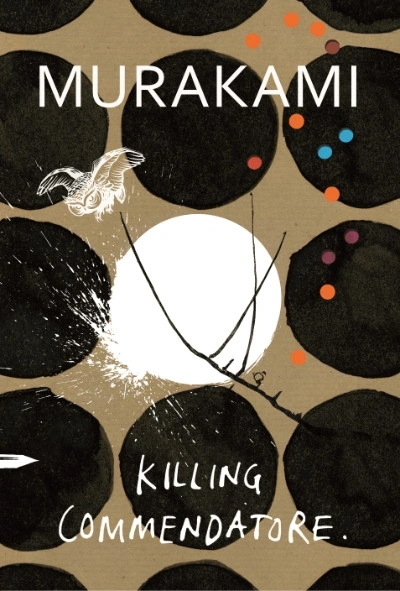Haruki Murakami
The City and Its Uncertain Walls by Haruki Murakami, translated from the Japanese by Philip Gabriel
by Cassandra Atherton •
Novelist as a Vocation by Haruki Murakami, translated by Philip Gabriel and Ted Goossen
by Cassandra Atherton •
Killing Commendatore by Haruki Murakami, translated by Philip Gabriel and Ted Goossen
by Cassandra Atherton •
Colorless Tsukuru Tazaki and His Years of Pilgrimage by Haruki Murakami
by Alison Broinowski •
1Q84 by Haruki Murakami, translated by Jay Rubin and Philip Gabriel
by Alison Broinowski •
The Elephant Vanishes by Haruki Murakami, translated by Alfred Birnbaum and Jay Rubin
by Alan Wearne •







